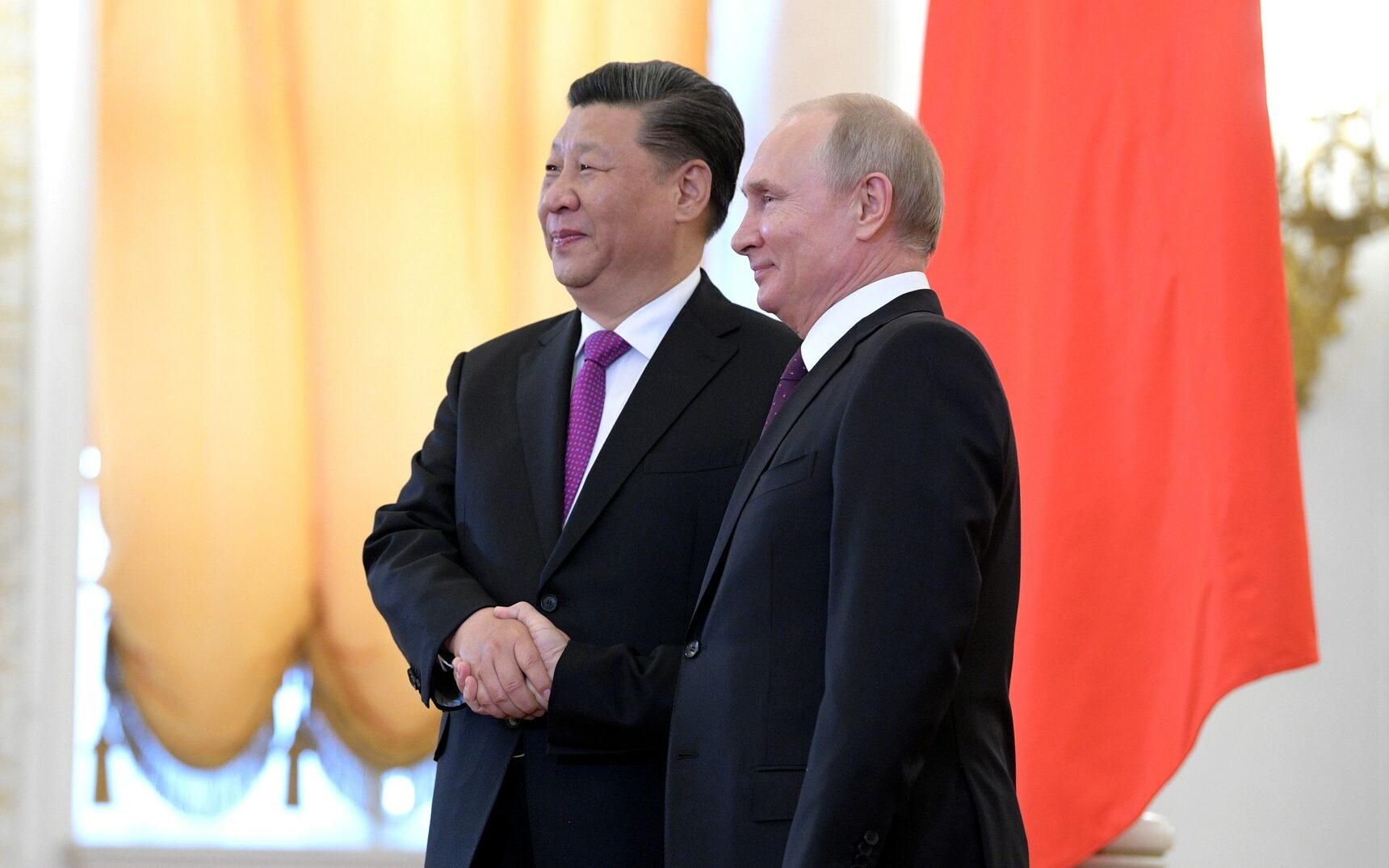Metals, will US sanctions on Russia favor China?

The United States and the United Kingdom have sanctioned aluminum, copper and nickel from Russia. The London metals exchange is reorganizing itself and prices are rising. Will Moscow turn to China (again)? All the details
The London Metal Exchange , the world's largest metals exchange, has banned trading in newly produced Russian aluminium , copper and nickel . The decision was made after the US and UK imposed sanctions on these industrial metals to hurt Moscow's economic revenues.
However, according to Bloomberg , these restrictions could have the effect of strengthening both China's role as the main buyer of Russian raw materials and the weight of the Shanghai stock exchange in international metals transactions. After the London Metal Exchange's step back, in fact, the Shanghai Futures Exchange is the only major commodities exchange in the world to accept new Russian shipments of aluminium, copper and nickel.
RUSSIA EXPORTS ENERGY AND METALS TO CHINA
As a result of Western sanctions for the invasion of Ukraine, Moscow found itself forced to reorient its exports of fossil fuels and found a major buyer in Beijing: in 2023 Russia overtook Saudi Arabia as the main supplier of crude oil of China; it has also become the second-largest supplier of coal and will likely become the largest supplier of natural gas this year.
As for metals, Chinese imports of Russian aluminum have reached record levels, to the point that last year the Chinese market was worth 23 percent of the revenue of the Russian company Rusal; in 2022 it accounted for just 8 percent.
WHAT HAPPENS AFTER THE AMERICAN AND WESTERN SANCTIONS?
Analysts think the metals sanctions will incentivize Russia to export even more metals to countries outside US and UK jurisdictions.
In China, the greater availability of Russian raw material will likely give a boost to refining activities: the country is already the world's leading producer of refined copper and aluminium, as well as a significant producer of nickel thanks to investments in Indonesia.
Bloomberg explains that Chinese importers were able to exploit the good political relations between Beijing and Moscow to their advantage to obtain discounts on supplies of Russian raw materials, also paying in yuan (the Chinese currency) rather than in dollars (the currency generally used in international trade ): one of the objectives of the Chinese government is precisely the internalization of the yuan and the ousting of the US dollar as the global reserve currency.
BUT THE CHINESE ECONOMY IS NOT IN GOOD STATE…
But the current context presents critical issues, both for Russia and for China. Moscow, in fact, finds itself in the position of being able to send greater quantities of industrial metals to China when the Chinese economy is in difficulty and may therefore not be able to absorb these volumes. Already last year, Chinese metals traders had to deal with weak demand. On the other hand, Russian aluminum (for example) traded in yuan and sold at discounted prices could be attractive to Chinese importers.
THE IMPACT OF SANCTIONS ON RUSSIAN METALS ON PRICES AND THE FED
Russia is a metals power. As reported by Finimize , 36 percent of the nickel, 62 percent of the copper and 91 percent of the aluminum stored in the warehouses of the London Metal Exchange are of Russian origin. Given that the London stock exchange sets the international prices of these metals, US and British sanctions on new deliveries from Russia had the effect of causing aluminum prices to rise by 9.4 percent and nickel prices by 9.4 percent on Monday. '8.8 percent. Since from now on Russian markets will reach Western markets in smaller quantities, traders located in these countries will have to turn to different and probably more expensive suppliers
Since the beginning of the year, the prices of raw materials – industrial metals, precious metals and energy sources – have grown by 15 percent. Problems with supply chains and international geopolitical tensions have something to do with it, but also the strengthening of the manufacturing sector which needs commodities . Finimize writes that high commodity prices contribute to rising inflation, reducing the likelihood that the Federal Reserve – the US central bank – will cut interest rates.
This is a machine translation from Italian language of a post published on Start Magazine at the URL https://www.startmag.it/energia/sanzioni-metalli-russia-alluminio-nichel-rame/ on Wed, 17 Apr 2024 13:13:01 +0000.
